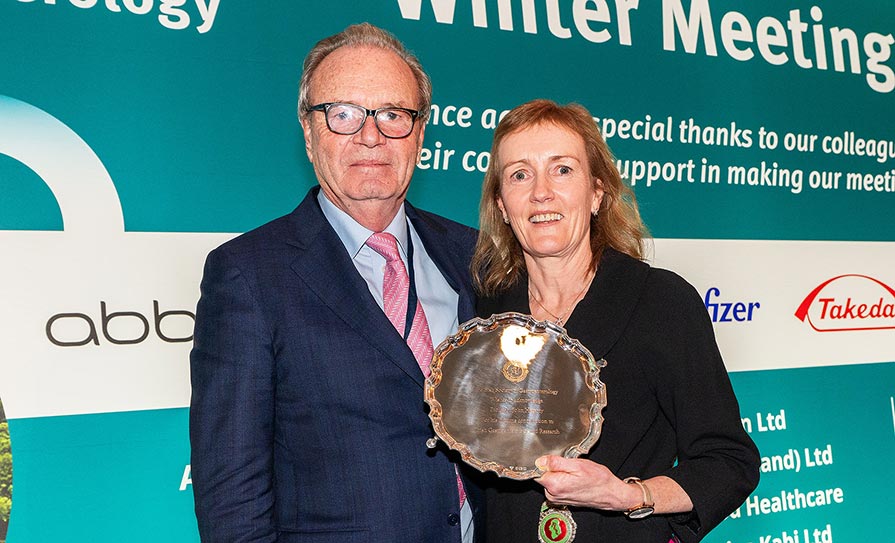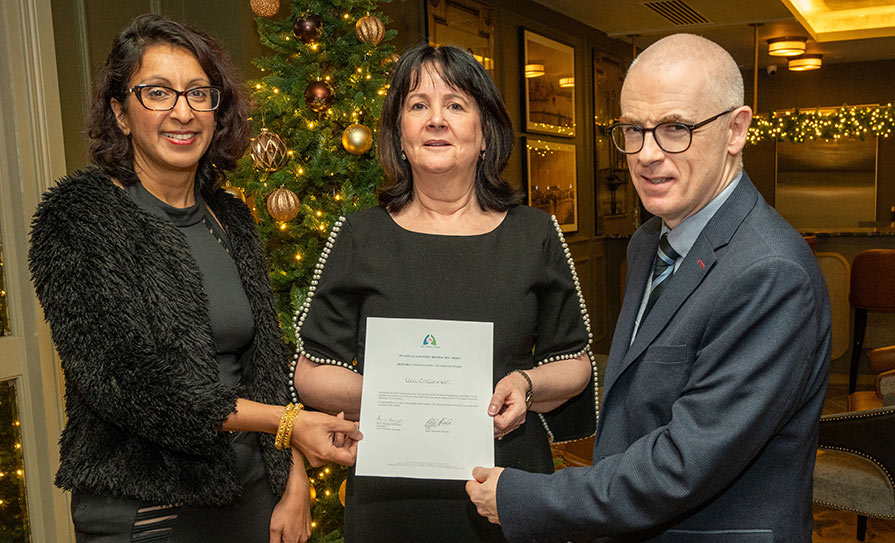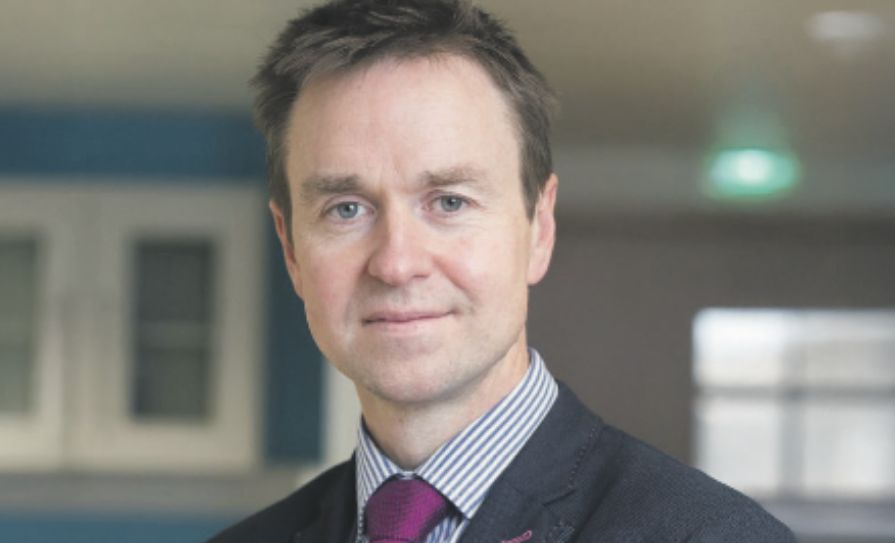In his talk at the Irish Melanoma Forum 11th Annual Scientific Meeting, Prof Breandán Kennedy, Professor of Pharmacology at UCD, discussed both the challenges and opportunities for including patient samples into scientific melanoma research. “There are lots of challenges, including time,” Prof Kennedy told the conference. “I could do 100 cell culture experiments tomorrow, but it could take a year to get ethical approval for these experiments. For a PhD or Master’s student, that’s very difficult to do, but it can be done.
“There are also cost issues,” he continued. “These experiments are probably more expensive in terms of what we are trying to do. And as I said, ethical approval takes time and people are often not sure how to go about it. Who will I get those samples from, where is that network, where do I find the people who want to do this with me?” There is also a risk that even when these questions have been answered, the results may not be deemed to be statistically significant and publishable, he said. “It can be difficult to climb those mountains, but if we work together it is achievable.”
Prof Kennedy presented an overview of research and patient samples and focused on the topic of uveal melanoma, providing examples of how tissue sampling can help to better understand this patient cohort. He also described the ongoing work in the Conway Institute in UCD in terms of establishing a sustainable system for tissue sampling. “There is a real value in including patient samples in melanoma research,” he said. “If you are working with a patient sample, you learn more about what is going on for that particular patient. We are working with Irish patient samples, so this may be [particular to] what’s going on in Irish patients compared to others. The research we do on one, two or even five cell lines may not be fully representative of what’s going on for all these patient samples, but there is clinical relevance. We all have a shared mission – we all want to understand what is happening in a disease and develop therapeutics.”













Leave a Reply
You must be logged in to post a comment.